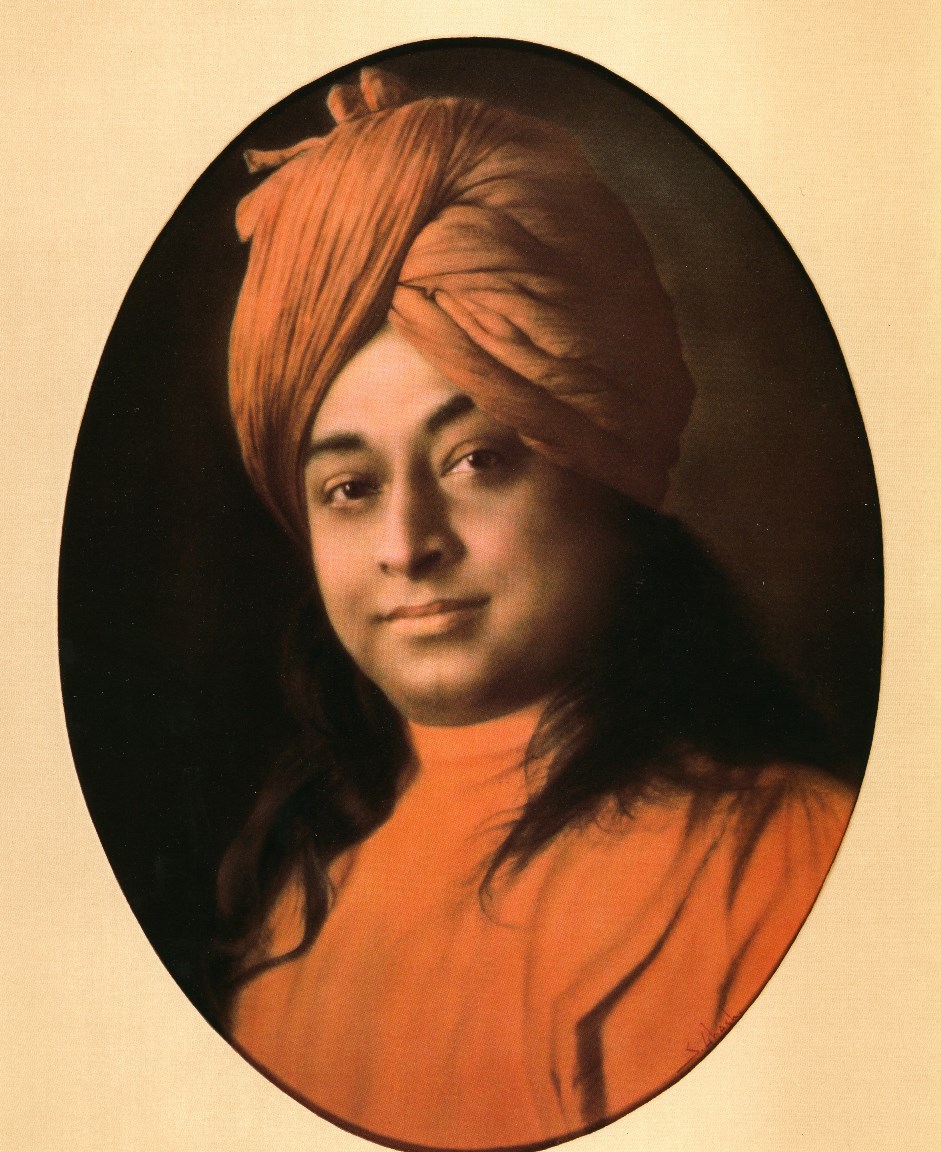
A week after finishing The Life of Yogananda there are some takeaways I have from this biography. The first is how hard Master worked and the sheer amount he travelled for years while crisscrossing America. Some years he was at Mt. Washington for merely a few weeks. I know Master said in the Autobiography that he loved to travel and see new places, yet this amount of being on the road must have been very challenging. He was here in America to make a difference—and what a difference he made.
The other fact that stands out is how many balls Master was balancing: a travelling speaker, event planning, advertising and then the classes that followed, responsibility for the Mt. Washington Headquarters and a growing number of churches and Centers, financial responsibilities to keep it all going (working to pay off debts much of this time), and fulfilling his role as guru to a growing number of devotees—in person, through letters and in Spirit.
Then there were the disappointments: those he depended on who did not follow through—even betrayed him, people of wealth saying they would support the work and then nothing, having to battle prejudice and people being suspicious of his motives, jealousy and those who thought they knew better than he.
And, he rose above these obstacles and challenges; he was a tremendous success. In hindsight we see his accomplishments—however, hindsight can lose details, and while Master did have support, drew many wonderful souls to him, and is a shining light in this world, it stands out to me what an extraordinary God-man he was to overcome all the trials that God sent to him.
There are those who do not always see the man in the God-man. Some have said that Jesus did not really suffer on the cross, because God could not suffer. Nor could he have had doubts, because how could God doubt? And while it is true that a God-man or a God-woman has access to extraordinary power and consciousness, that one still lives in a human body, faces many of the same trials that any human being does, can even feel despondent (Rama, an incarnation of God felt depressed at times when separated from Sita). Acknowledging his humanness only increases our compassion and appreciation for all that Master accomplished in his life.
And how may this inform us on our path to God-realization? As Master said, “The same God that is in me, is also in you.” You call upon that same God—the tremendous power, upliftment and intelligence that made it possible for Master to do all he did—and that Divinity ignites in you the qualities of the all-powerful One.
As Mother said of her own condition as a fully realized Being, “I am fully human, and fully Divine.” To many this seems to be an unsolvable paradox, but for the sincere aspirant it offers inspiration—even in your humanness, you are also Divine. Your task is the same that Master and Mother had in their lives, to realize the inner divinity of God. In Master’s life you have a story of just such possibilities, not only for Master or just a chosen few, but for all who aspire.
For my book review of The Life of Yogananda:
http://www.crossandlotus.com/David/BookReviews/A_Review_of_The_Life_of_Yogananda.pdf